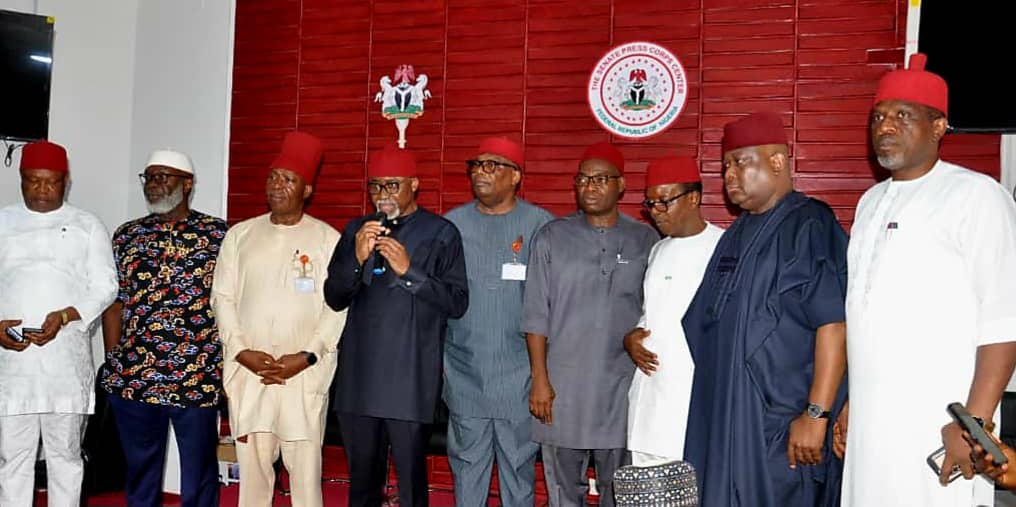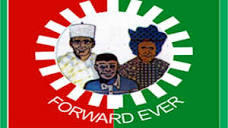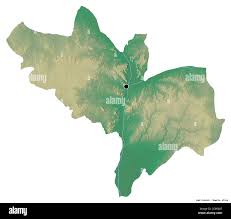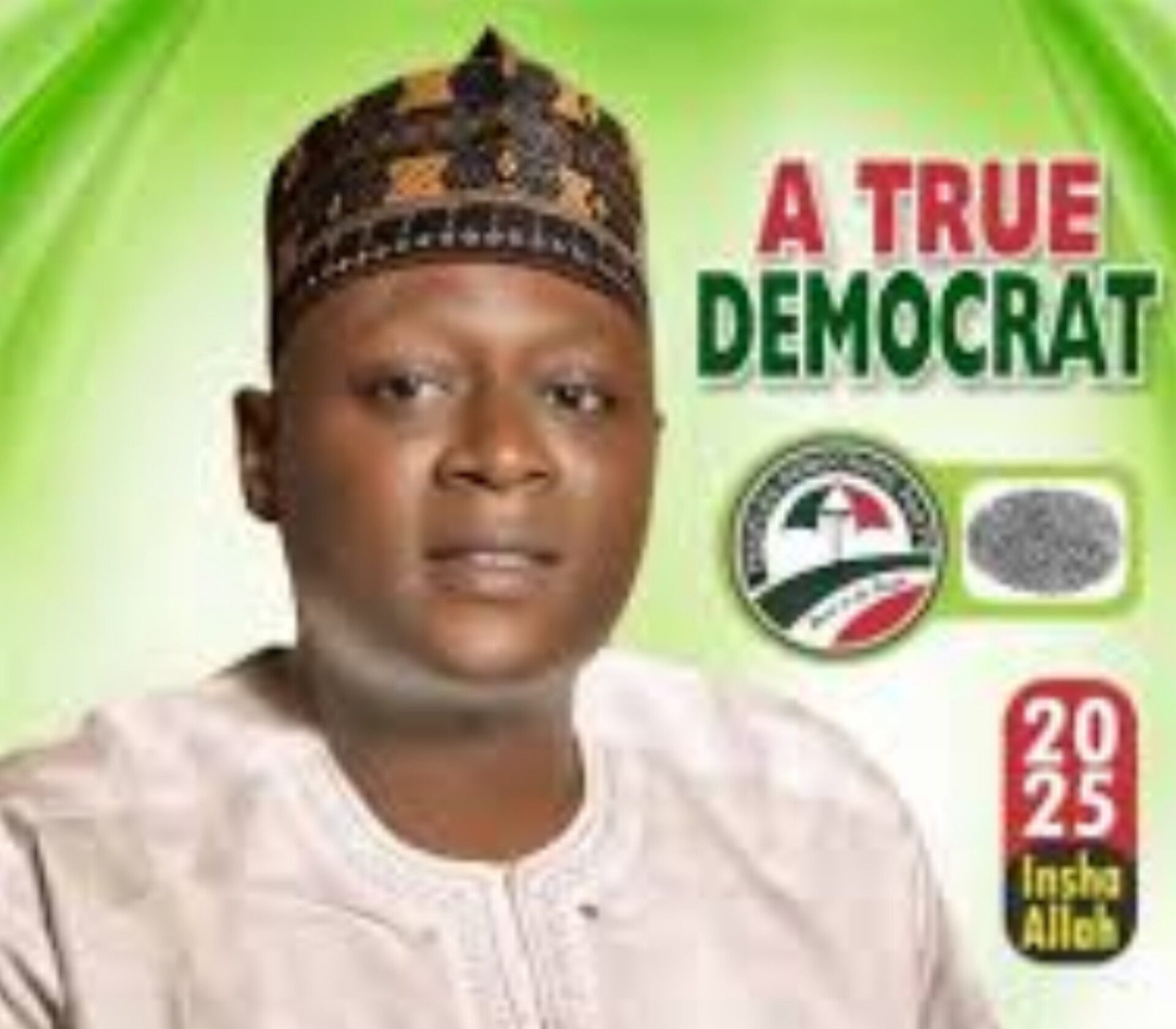The Southeast Caucus of the Nigerian Senate has affirmed the confidence that President Bola Ahmed Tinubu being a democrat and one of the main actors in the June 12th 1993 struggle will not hesitate to imortalise late Professor Humphrey Nwosu, the former Chairman of the National Electoral Commission (NEC), despite a disappointing rejection of a motion in that light
Speaking on behalf of the Caucus Senator Enyinnaya Abaribe (Abia South urged the President to take decisive action in honoring the late Professor Humphrey Nwosu, the man behind Nigeria’s historic June 12, 1993, presidential election.
The lawmakers insisted that since Tinubu has been at the forefront of the June 12 struggle, he must ensure that Nwosu is given the recognition he deserves.
He also drew Tinubu’s attention to the fact that another former chairman of the Electoral Umpire; Professor Attahiru Jega was the first to make the appeal for Professor Nwosu to be so honored, just as the incumbent chairman Professor Mahmoud Yakubu recently canvassed.
Earlier on Wednesday, in fierce debate that erupted on the floor of the Senate, after Abaribe moved the motion some lawmakers had blocked him for seeking to immortalize the late Humphrey Nwosu, who superintended over the historic June 12, 1993, presidential election.
Nwosu, as Chairman of the defunct National Electoral Commission (NEC), Abaribe observed conducted what is widely regarded as Nigeria’s freest and fairest election—an election won by Chief MKO Abiola but controversially annulled by the military regime of General Ibrahim Babangida.
He had sought Senate approval to honor Nwosu, proposing, among other things, that the Independent National Electoral Commission (INEC) be renamed after him. However, when Deputy Senate President Jibrin Barau put the motion to a vote, it was overwhelmingly rejected.
Not deterred by the rejection Abaribe on Thursday came with a motion on recession, coming under Order 52(C) he represented the Motion.
During the heated deliberations on Thursday, senators took contrasting positions on Nwosu’s place in history. Senator Osita Ngwu defended the former NEC chairman, arguing that Nwosu was operating under a military regime and was constrained in announcing the election results.
“There was no way he would have announced the results with a gun to his head. That doesn’t change the fact that some of us see him as a hero,” Ngwu insisted.
Senator Austin Akobundu also condemned attempts to downplay Nwosu’s contributions, calling it “most uncharitable” to dismiss the man who organized one of Nigeria’s most credible elections.
However, others strongly opposed immortalizing Nwosu. Senator Jimoh Ibrahim dismissed the idea, stating that the former electoral chairman failed in his duty.
“Nothing should be named after him. He did not announce the result, and that singular failure invalidates any honour,” Ibrahim argued.
Senator Cyril Fasuyi echoed similar sentiments, asserting that “history does not reward efforts, but only results. As long as he did not announce the result, whether under duress or not, I am against naming INEC headquarters after him.”
Other lawmakers, like Senator Sunday Karimi, criticized Nwosu for failing to show courage in defending the integrity of the election, while Senator Afolabi Salisu warned that recognizing Nwosu in such a manner could diminish the legacy of MKO Abiola, the presumed winner of the election.
“Any attempt to do anything beyond a one-minute silence is to rubbish Abiola’s legacy,” Salisu declared.
Following the intense debate, the motion was once again put to a voice vote, and the majority of senators rejected it. The Senate, however, agreed to observe a one-minute silence in honour of Nwosu and extend condolences to his family.
Despite the rejection of the motion, the debate reflects an ongoing national conversation on how best to recognize the figures behind the June 12 election. While some believe Nwosu deserves to be honoured for his role, others argue that history should only reward those who saw their duties through to completion.
The rejection of the motion by the Senate has drawn mixed reactions, with some lawmakers arguing that Professor Nwosu’s contributions to Nigeria’s electoral system are undeniable and should be formally recognized.
In their appeal to President Tinubu, the Southeast Caucus highlighted Nwosu’s courage and integrity in conducting the June 12, 1993, presidential election—widely regarded as Nigeria’s freest and fairest. Despite legal and political pressures, Nwosu oversaw the election process, announcing results in 29 states before military intervention halted further declarations.
The caucus drew parallels between Nwosu’s role and the eventual recognition of Chief Moshood Abiola, the presumed winner of the election. They reminded Tinubu of his long-standing advocacy for the June 12 struggle and urged him to extend similar recognition to the man who ensured the election took place.
Addressing the Senate’s opposition, members of the caucus expressed optimism that Nwosu’s contributions would eventually be acknowledged. “Even if this government does not honor him, a future administration will,” one senator remarked.
They cited historical precedents where initial resistance gave way to recognition, as seen with Abiola and the declaration of June 12 as Democracy Day.
“We take this opportunity to appeal to President Tinubu, who has long been associated with the June 12 struggle. Since the 1993 election was central to that movement, it is only fitting that the man who ensured the election took place be recognized.
“Professor Nwosu displayed extraordinary courage in conducting the election despite legal and political pressures. Some argue that he failed to announce the results, but the truth is that results had already been publicly declared for 29 states, with only Taraba remaining. Even when he was summoned to Aso Rock and later detained, he ensured the final result was announced. Without his determination, there would have been no June 12 election to annul.”
“Professor Nwosu was responsible for laying the foundation of the current INEC headquarters and began its construction before the military dissolved the National Electoral Commission in 1993,” the caucus noted.
“Even former INEC Chairman, Professor Attahiru Jega, has expressed shock that Nwosu has not yet been honored for his contributions.”
The caucus stressed that while the Senate’s decision is advisory, it is not binding on the executive. They urged Tinubu to consider the historical significance of Nwosu’s actions and take the necessary steps to ensure his legacy is preserved.
“Nigeria must remember the individuals who shaped its democratic journey. Immortalizing Nwosu is not just about honoring a man; it is about reinforcing the principles of democracy and electoral integrity,” the caucus stated.
As Nigerians continue to reflect on the legacies of those who fought for democracy, the final decision on whether to honor Professor Humphrey Nwosu now rests with President Tinubu.
“While the Senate resolution is advisory, we strongly urge President Tinubu to do the right thing,”** they concluded. “Immortalizing Professor Humphrey Nwosu is not just about honoring a man—it is about preserving the legacy of democracy in Nigeria.”




